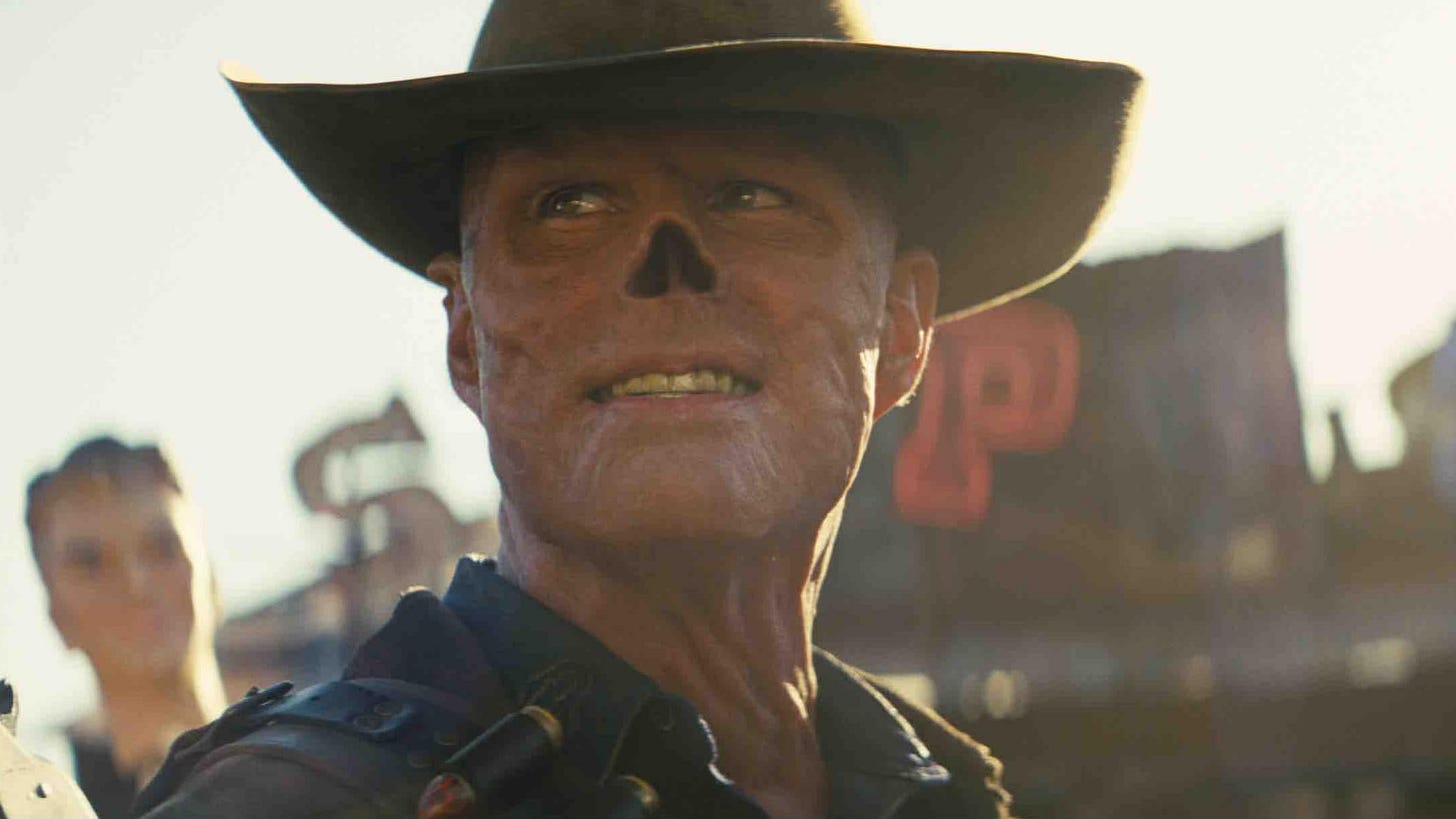"Fallout."
How the Amazon Prime show based on a video game manages to surprise consistently and become one of the better told "big" stories on TV.
This post is free of essential spoilers while looking at the whole of the series.
One of the cardinal rules of producing a TV series is that you can’t expect the people who loved the source material to show up for the new iteration and, even if they do, it’s wildly unpredictable if they will hate it or love it.
The key is all the newbies, the viewers (if you’re making a TV series or movie) who either haven’t read the book it’s based on, or in the case of “Fallout,” the massively popular post-apocalyptic revisionist history video game that it’s based on — they may not be your base, but they are your survival.
You have to make something that people can come into without any knowledge of its provenance and make their decision based on, well, nothing except what they see.
The history of visual arts is littered with this concept going completely awry, of course, but also with plenty of successes. This is certainly more true with books than video games, the last of which that made a big impression on newbies is arguably HBO’s “The Last of Us,” another post-apocalyptic series (this time with zombies; of sorts).
The nuclear war, atomic-age wipeout scenario of “Fallout” set its visual flag right into the nose of one of the main characters, “The Ghoul,” played yet again with exceptional effectiveness by Walton Goggins (“The Shield,” “Justified,” “I’m A Virgo” etc.). If you know nothing about “Fallout” and you’re an Amazon Prime subscriber, all you needed was to see that radioactively destructed nose to, perhaps, think you knew exactly what you’d be getting into if you chose to watch.
And yet, I would argue that you don’t know the half of it at that point.
“Fallout” is, even with its shortcomings, a much heftier surprise than you might be expecting and, even though there’s no real need to compare the two other than to give you some perspective, a much better show than “The Last of Us.”
But the biggest surprise for me might have been that, right there as I watched all eight episodes, was a textbook example of a big-swing television series that is not the dreaded “eight hour movie.”
I wasn’t looking for such a crisp example of how to make a compelling television series in what I was thinking would be some mindless, action-packed escapism, but there it was in shiny, entertaining, ambitious technicolor — an eight hour event that was an effectively told television series, not some auteur-driven slog through the first six hours of billowing grandeur without much plot, followed by two rushed and/or murky closing hours of an “eight hour movie.”
“Fallout” knows what it is (and the immense expectations of its base video game audience), and wastes little time moving a multitude of stories and timelines forward with alacrity.
Each hour begins and ends as an actual episode, with each successive hour expanding on the story but being self-contained enough within the story to feel, you know, like a television show.
It’s refreshing. Let’s just say this does not involve detectives in the dark, meandering for a point.
“Fallout” gives viewers much more than they expected, not atmospheric blather. And its rewards go beyond that:
Keep reading with a 7-day free trial
Subscribe to Tim Goodman / Bastard Machine to keep reading this post and get 7 days of free access to the full post archives.




